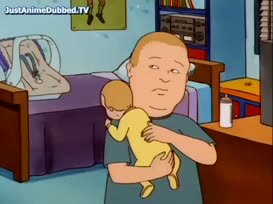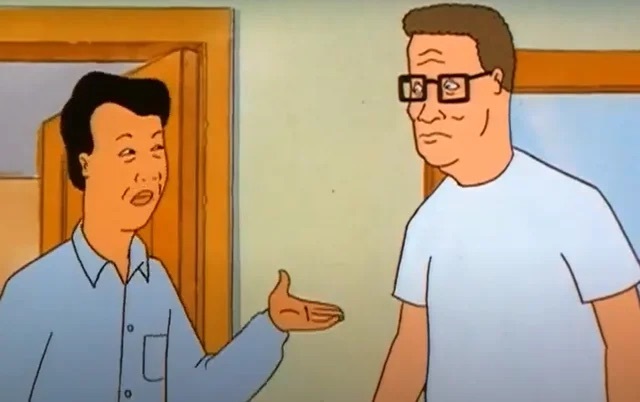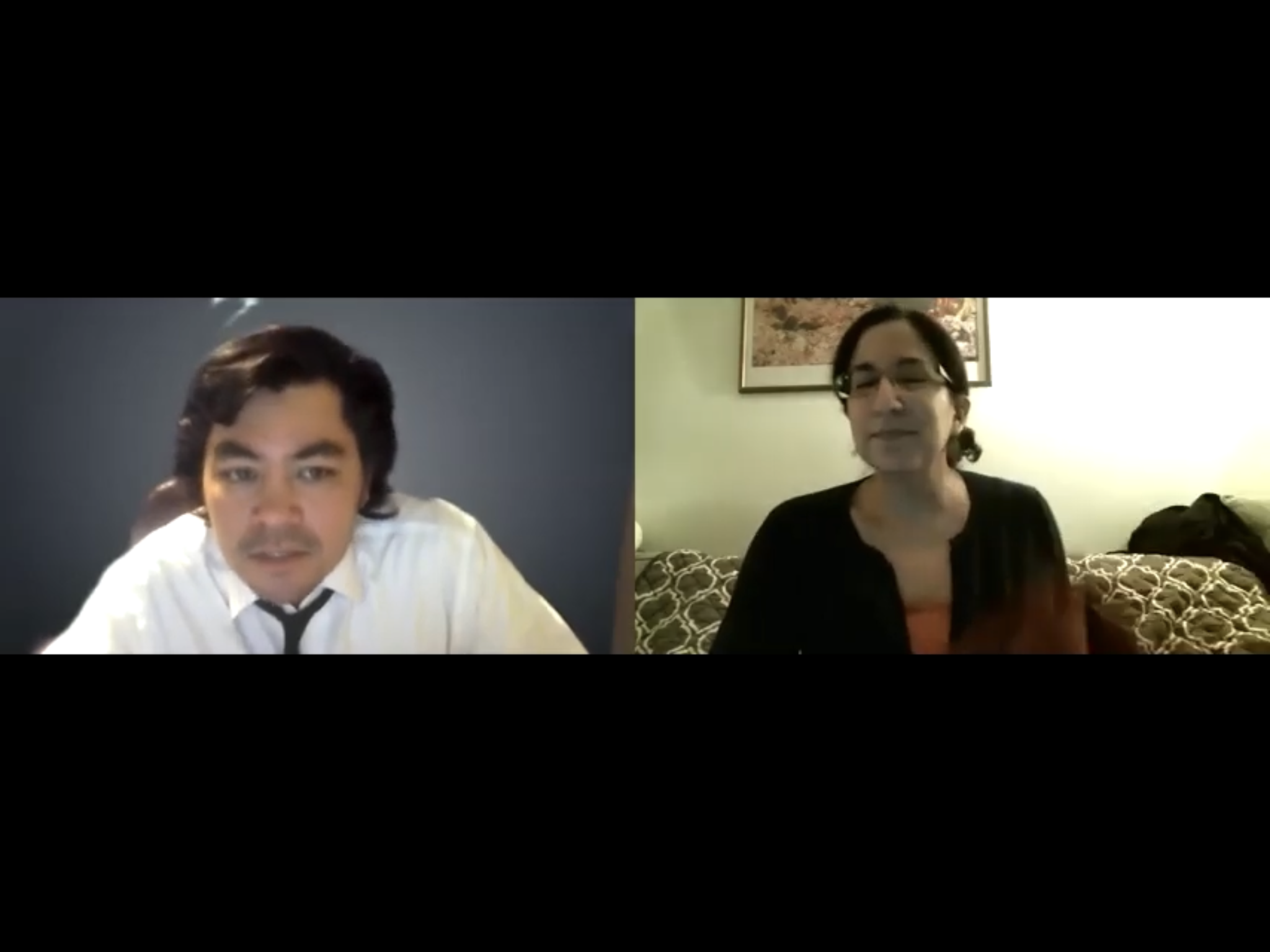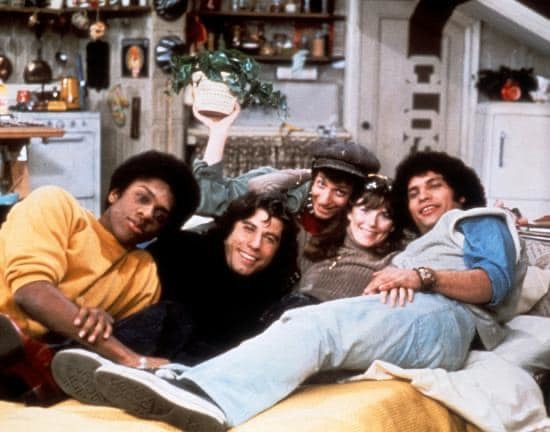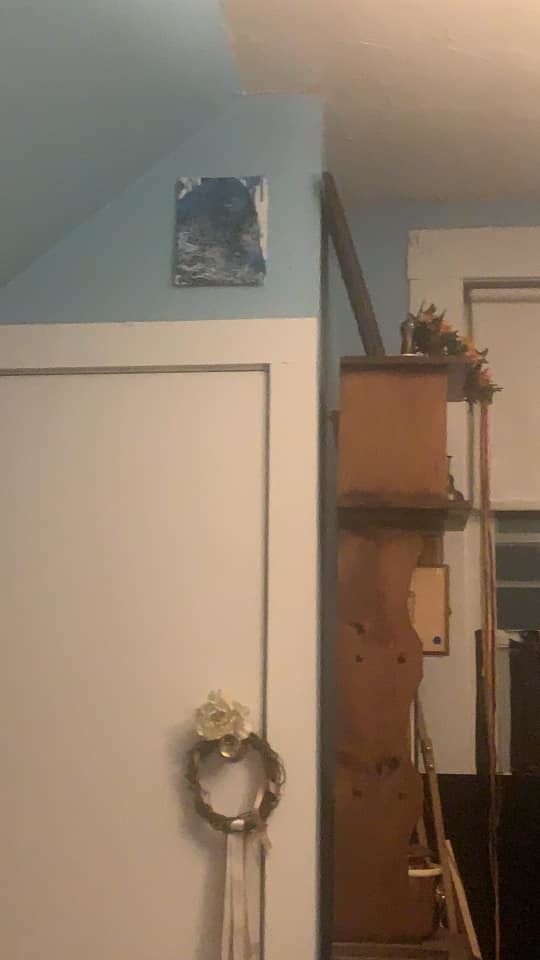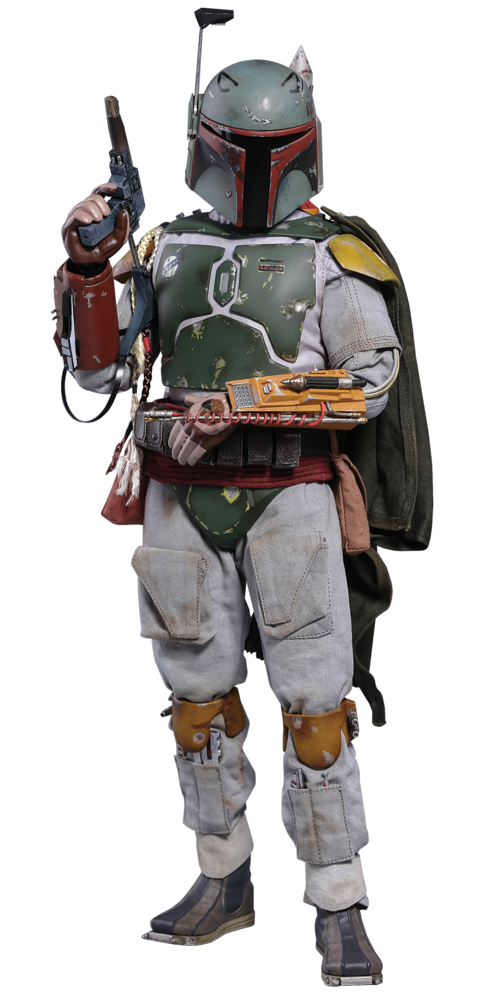It's that time of year again! The next season trailer for my favorite show has been released, and I have to obsessively pick it apart just before I watch it! Spoilers for things that occurred earlier in the series abound.

The end of the fourth series saw Bojack in one of the most unequivocally positive places that we’ve ever seen him in. He’s assured that he’s a positive presence in Hollyhock’s life and he’s delighted at the idea that she’s happy to have him as her brother. He’s also helping out Princess Carolyn for taking on the lead in the new series she’s producing, which has, if not repaired their relationship, at least improved it. Things are less clearly awesome for the other leads, though, as Princess Carolyn’s channeling her sorrow over her lost pregnancy and lost relationship into making this TV series, and Diane has expressed exhaustion at attempting to make her marriage to Mr. Peanutbutter work. Todd, on the other hands, seems okay, as he’s come to own his asexuality and embarking on something with fellow asexual Yolanda the axolotl.
Now, on to the trailer! Bojack wakes up in bed in the middle of the night, claps a hand to his forehead, and groans. A clear setting of tone, in that Bojack still doesn’t feel great, and in fact finds it all pretty overwhelming.
Bojack narrates that he’s the star of a new show, a detective series where he plays the title character Philbert. He drives in a car— a red car, not the yellow Tesla —past a tryptich of show posters, featuring him and a dark-complexioned brunette costar. He walks onto set, seemingly already dressed in his costume of gray slacks, gray shirt, dark tie, tan trench pat, and aviator sunglasses. The Rami Malek-voiced writer, Flip McVickers, is waiting on the soundstage with his characteristic crossed arms and hunched posture. Our horse puts on his old front of tryhard bravado— “Hey, everyone, Bojack’s here, ready to shoot!” There is a shot of the opposite side of the set, where Diane and Princess Carolyn are standing with Flip. A girl holds a cue card that amusingly reads “We were doing a routine submarine sting operation.”
A very uncomfortable looking Diane approaches Bojack, sitting on his bed fully dressed in his Philbert costume, holding his phone. She has her hands awkwardly over her belt buckle, she looks like she’s chopped her hair short, and she appears to be biting her lip. She places her hands over her heart and says her first reading of the line that underscores the whole trailer: “You say you want to get better, but you don’t know how.”
Bojack in his robe pulls a bottle from the fridge that is marked with lines and the days of the week— an alcoholic’s desperate tactic to monitor his drinking. He watches the oven clock click over to midnight, allowing him to knock back the next day’s ration. He is next seen draped over his coffee table in his Philbert costume, the living room trashed around him and a different bottle clutched in his hand.
Bojack’s relationship with alcohol has never been healthy, but they’ve kept it pretty much in the “drinks too much” realm and not depicted him with more decisively “alcoholic” behaviors, like hiding booze, or attempting control measures to break his habit. Are they going to start making it clear that he’s definitely over the line?
We go back to the moment with Diane in his bedroom. He’s standing now and says “I’m not someone therapy works on!” he insists, almost bragging. He grins and flips back his forelock, adding, “I might be too smart.” This seems to imply that Diane suggested therapy in response to his being at loss at how to improve. I personally would LOVE to see Bojack get therapy, as I think it would be an interesting way to challenge him given the way he’s been two steps forward, one-to-one-and-three-quarter steps back for four years now.
The closer shot of Diane gives a clearer look at her haircut. I may be reaching, but TV loves to use haircuts to indicate people embarking on new chapters of their lives or identities. I wonder if, given the note she and Mr. Peanutbutter ended on, this is from the two of them taking some time apart— maybe even beginning the process of splitting up. I’d be disappointed to see that, as I liked how unique their relationship was, but I do understand it. There was always some undertones that a lot of her reliance on him was to provide her with a safety net more than any true deep compatibility, but I still kind of hope they work it out somehow.
Cut back to what appears to be the Philbert set again, with Bojack in costume, his costar, and Flip holding a script. He and the costar have frozen yogurt cups in their hands. Bojack attempts to spit off the “balcony,” but it hits the fake balcony view backdrop instead. The city in the backdrop looks ruined, as if the setting is post-apocalyptic. His spitting leaves a pink mark, which evokes the cotton candy he puked off his own balcony in the pilot episode. It makes him look gross and prima donnaish, unable to react appropriately to discomfort.
He and Princess Carolyn walk toward the camera from what appears to be a filming set up in a recreation of Bojack’s own house— the living area is cleared out, but you can see his kitchen off to the side. Flip is there again and Bojack is again in costume, so it’s definitely for Philbert. “Would it kill you to smile?” Princess Carolyn asks him, which amuses me because that’s something usually tossed at women who won’t make the people around them comfortable. At the end of her line, there’s a brief closeup of Bojack reclining on his couch with his arms behind his head, looking distressed by something, followed immediately by the same shot from the very opening, of him facepalming while sitting up in bed.
Bojack and Diane’s hands clink wine glasses together. Wine in glasses tends to read as sophisticated or celebratory, but the two of them drinking together has a history of indicating them enabling each other’s worst qualities. As the line “You say you want to get better, but you don’t know how,” repeats, the next shot is of Diane, with her previous long hair style, tiptoeing out of the living room with what I think is her laptop clutched to her chest. Bojack is passed out sprawled over his armchair, bare-chested with his sweater tied around his neck like a cape, crushed beer cans in his wake. Diane looks sheepish and sad. I notice there is a full glass of wine on the table, like the two of them didn’t finish drinking together. It’s pretty out there, but given that and Diane’s bearing as she creeps out, I almost wonder if she drugged him.
Cut to Bojack in costume again, staring out over his balcony with an intense, almost suspicious look. There are dead palm trees behind him against a gray sky, like it’s winter. Or maybe it's the post-apocalyptic setting in which the Philbert show takes place, using the recreation of his house.
Bojack, still in costume, is in his kitchen with Hollyhock. Yay, Hollyhock is back! She holds two bottles of vodka, and you can see his red rationing marks on the side of them. She looks at them in concern. “Is this like an AA thing?” she asks. “No!” he insists. “I don’t need AA!” The fact that treatment and control is coming up so explicitly suggests to me that Bojack’s habits are escalating to the point of dangerousness, rather than his typical acting out bullshit.
To underscore the idea that alcohol’s presence is going to be pointed, Diane and Bojack’s hands clink what looks like scotch on the rocks together. Cut to Bojack, with a thousand-yard stare, holding that same glass and standing beside a smiling Flip with a party behind them. “This is going to be a sensational season of television,” Flip drawls, in that slow cadence Malek has chosen for him. I wonder if Bojack has just discovered something about his commitment to the new show that has horrified him, and he’s got no way out of it now.
Three women in red synchronized swimmers’ costumes— one human, two goldfish —dive into Bojack’s swimming pool with the Hollywoo sign in the background. An overhead shot shows them pop out of the water and begin a routine.
Cut to Princess Carolyn on the Philbert set with Flip, who stares intensely at a script. “It’s confusing, which means the show is daring and smart,” she says, hands in the air, which makes me think she’s justifying some terrible creative choice. But given that Flip’s the writer, I’m not sure why she’d have to justify it to him. Was creative control taken away from him? Is he agonizing over his own work and she’s trying to get him to relax about it? I’m amused, because I think that’s a pretty spot on satire of how pseudo-prestige TV is often received.
A balloon shaped like Bojack is his Philbert character flies over a red carpet event for the show. Bojack and his costar are photographed. She wears a white gown and he’s in a weird tuxedo that has blue pants for some reason— there’s no stripe, so maybe they’re supposed to be jeans? —and his arm is in a sling. No indication yet of how he injured it. His smile looks pasted on, like he’s stressed out and faking it. The robin and blue jay paps who tried to abortively frame him in the first season are among the photographers, as is a possum hanging upside down from a tree. The “animal visual puns” are some of my favorite parts of the show, so I laughed.
Todd and Yolanda are in a brightly colored, neatly organized bedroom. The decor complements Yolanda’s color scheme, so I wonder if it’s hers. The walls have a framed test with an A+ on it, a seven-day wall calendar covered with writing, and a poster that reads “
DARE to
FAIL at
inadequacy.” Peering at the tiny pictures on the bookshelf, I can see Yolanda in one with a beefeater, a turquoise teddy, and a doll that reminds me of Cynthia from Rugrats. She’s wearing her normal work clothes, he’s in a blue suit with his yellow beanie. She looks pleased with him as he says “I think I can handle this amount of complication—as long as things don’t become one bit more complicated.” Todd is often used to satirize narrative conventions by way of commenting on them verbally.
Mr. Peanutbutter’s first appearance in this trailer is striking— he’s approaching someone with a rifle, even though he’s made a big deal in the past that he doesn’t like guns. Looking closer, however, he’s wearing a black suit with a badge on his belt, so it’s probably for a role. The other person is a seated blond human man with a beard and a furious expression, as light streams in the through the window of the warehouse they’re in. Maybe Mr. Peanutbutter gets a role on Bojack’s show? The dog’s expression is stern until just before it cuts away, and he smiles. I can’t tell if he’s breaking character, or if his character’s demeanor switches.
Princess Carolyn sits on the lap of a fox dressed in a football jersey holding a football. She is dressed very differently, in jeans, a cropped pink sweater with two buttons undone, and slicked-down hair. He’s got his arm around her, she’s giggling and has her hand on his chest, but he looks a little distressed. In the background is a family portrait of foxes, with the suggestion that the young one in the center is the one we’re seeing in person now. They all have weird flat expressionless faces, staring at the camera. I don’t know if this is a flashback to her younger days, or if this is her remaking herself in the present in reaction to everything she’s been through. There is the definite implication that this guy is young though, maybe inappropriately so if this is happening in the present day. Acting out with a young boyfriend maybe?
Shot of Todd sitting at a desk in his blue suit, blowing smoke rings from a pipe. There are double-decker grandfather clocks— as in, with two faces each —flanking him on either side. My guess would be he gets a gig at WhatTimeIsItNow.com, the corporate entity that is producing Bojack’s show.
Diane looks at herself in an ornate mirror wearing what appears to be a traditional Vietnamese outfit, a red floral gown with a conical
non la hat. Her body language is closed off, her expression uncomfortable. She is doing something that doesn’t feel right, though I can’t tell what. I wonder is she is actually in Viet Nam, given the décor of her surroundings.
A weird random shot of Bojack looking and acting like a stereotypical Halloween mummy, wrapped in toilet paper bandages— on some of you can see the perforations between the squares —with his arms extended and making groaning sounds. Toilet paper also hangs from the ceiling, and he is backlit by a weird green glow. No idea what that could mean, except it’s probably a subjective shot of somebody misperceiving something that Bojack is doing.
Todd and Emily— Emily’s back? —are in Princess Carolyn’s apartment with what looks to be a homemade robot, cobbled together from household objects. It’s base is a shop vac, it’s got a plunger sticking out like a Dalek, and it holds a whip and a feather. It knocks over a candle onto a pile of something and lights the carpet on fire. Everybody freaks out. Probably some Todd B-plot antics. Upon closer inspection, I note that it has two dildos and a butt plug also attached. So now I’m wondering if it was built to compensate for Todd’s asexuality in some way. Maybe that’s why Emily looks so uncomfortable. Eee.
Bojack and Diane are in a cruddy apartment full of boxes like somebody’s just moved in. There’s a Monet print on the wall and a cooler open on the floor. There are splotches and scratches on the front door. Bojack has a soft drink in his hand. I’d bet any money that Diane and Mr. Peanutbutter have separated, and this is the place that Diane has moved out to. They startle as lights flicker and the Monet tumbles down off the wall.
Bojack and Mr. Peanutbutter are in their cop costumes outside a door marked “Flip.” Writer’s office, probably. Bojack looks tortured to be in the conversation, but Mr. PB is characteristically upbeat. Notable, given that I’m getting the impression his marriage is crumbling. “Look at you, skulking behind doors with a malevolent aura!” Bojack’s probably been caught doing something bad.
Close on costumed Bojack, looking shifty-eyed while squinting, with the apocalyptic soundstage skyline behind him.
Bojack dashes through a metal room with ankle-deep flooding and red lighting; probably THE SUBMARINE STAKEOUT scene being filmed for his show. Turning a corner, the red lighting disappears and he’s in costume with a gun in his hand. He shoots the lock off of an air locked door with a chain on it.
Out on a darkened street, costumed Bojack and Hollyhock watch officer Meow Meow Fuzzyface— with a white T-shirt over his uniform, a giant lollipop, and a hat that reads TEEN —tackle a crayfish-looking dude in front of a red van with bullet holes in it. Is… that in the show? Did Fuzzyface wangle himself a role, and then catch an actual perp while doing it? Or was he an undercover cop pretending to be a teen IN THE PHILERT SHOW? Sometimes Bojack makes deliberately obviously terrible in-universe media for the purposes of satire, but this is hard to parse from this little context. Why is Hollyhock there, in that case? It appears to be real, because it appears a bunch of real cops in cop cars pull up to the scene.
A helicopter floodlamp spotlights Bojack and Hollyhock. We see them take off running, and get trapped by turning down an alley blocked by a chain link fence. What happened? Bojack’s still in costume, but if this is part of the show, while is Hollyhock there in her street clothes? If it’s really happening, what did they do to get chased?
Bojack drives the same red car from earlier down the street. But then, with a camera flash, he’s driving the car on a soundstage with a rolling backdrop. Is this a demonstration of movie magic being contrasted with the behind the scenes process? Or is Bojack having hallucinations, difficulty separating fantasy from reality? Is that why it appeared that he and Hollyhock were pursued by the cops? If so, is that related to his alcohol issues, and why measures to quit drinking so much have become necessary?
Close on Bojack in Diane’s shitty new apartment. “I’m a bad guy.” Flash to head on of Bojack in costume, gasping over a letter with its message in magazine cutouts like a ransom note. YOU DID A BAD THING AND I’M GOING TO TELL. “And the world needs to know,” he finishes in voice over. This is remarkable because I feel like the world kind of already does know? So what is causing this reaction of his badness needing to be public so urgently? Does he do something else bad, something new? Or is it because one of his old sins we the audience knows about is not sufficiently public in-universe— like how he behaved with Penny, for example.
Still in costume, we see him laying on what I think is the floor of his apartment in stark partial lighting. A lizard in a 40’s-style dress walks in and looms over him, leveling a gun, so I think it’s part of whatever they were filming in his house. Again we see that shot from the very beginning, of him sighing and facepalming in bed. He bursts into the soundstage set up in his living room, crashing through the lighting equipment and freaking out the gaffer.
That ottoman that Sarah Lynn burned in the first season is in the background— does he even still have that? Or is that another possible hallucinatory element? The way his real life is blending with the world of the TV show?
In his bathrobe, he gets into a physical altercation with Flip in a dimly lit office that clearly belongs to a writer, with note cards pinned to the walls. Flip seems to be the aggressor. Given Mr. Peanutbutter called him on skulking outside of Flip’s office, Bojack probably broke in. Why? And what would cause Flip to react to that so violently? Is he hiding something? Does he have something Bojack wants? Could he expose whatever bad thing Bojack is doing?
Princess Carolyn asks Bojack in his trailer if he’s holding it together. His costar asks him on set, both of them in their robes, “What’s going on with you?”
In Princess Carolyn’s apartment, she appears as a person made of yarn balls and knitting supplies, while Todd’s head has become a giant hand and he wears a king’s ermine robe over his suit. Even the characters on her move posters are altered, into Yarn on a Hot Tin Roof and When Foggy Met Misty. Definitely a hallucination, but whose? My current money is on Bojack, seeing as I think he’s starting to have difficulty distinguishing fantasy from reality this season.
Bojack sits in the yellow Tesla with Hollyhock. She asks “Are you going to be okay?” He looks distressed. Cut to him (still in costume) in his home office, staring at his phone, the threatening note taped up on the wall. The Philbert balloon floats outside the window. It seems a really odd thing to advertise a hard-bitten detective series with.
Cut to Mr. Peanutbutter (also I think still in costume) leaping out through the glass of what I believe is Bojack’s bedroom window. Someone is in pursuit, who I think is Bojack, but all you get is a glimpse of his hand and nose. This is again probably part of the show, with PB playing Philbert’s villain or something. But I am starting to wonder if, given that at least in the trailer Bojack never seems to be out of costume, and the recreation of his house as the set, if he’s starting to mentally blend the events of the show with his real life. Maybe Peanutbutter’s not even in the show, and Bojack’s brain has cast him as part of the paranoid fantasy it’s constructed.
That’s kind of out in the weeds, but there’s a lot of subtle offness, even surreality suggested by this trailer. Even the next shot, which seems to be Todd and Bojack in the WhatTimeIsItRightNow.com offices, except they’re turning into a funhouse mirror version of themselves. There are dozens of clocks around, and a standee of Bojack saying “Oopsie!” Then the walls fall away, revealing rows of orange and green popsicles dancing the cancan. Finally he drives his red car down a pink dreamworld street lined with billboards, all containing distorted version of Philbert advertising things. The word “Oopsie!” repeats.
They have frequently done standalone episodes where Bojack’s perceptions are altered, and I guess they could be doing that again, but I’m starting to suspect they’re making it a more pervasive problem for him this time around. Also, the last time I recall Bojack using the word “Oopsie!” was when he described when Charlotte discovered him with Penny in the most disgusting terms possible for Sarah Lynn’s AA group. He made his reaction seem as flippant as possible by describing him as having been like, “Oopsie!” before he took off. Does that mean the “bad thing” he did is indeed referring to the Penny incident? If so, who has found out about it and is reacting with threatening notes?
Again, the clip of him in bed, sighing and facepalming. “You say you want to get better, and you don’t know how,” Diane voices over for the third time on a close of Bojack in his pajamas.
Then the title card—“BOJACK HORSEMAN,” and “SEASON 5 SEPTEMBER 14TH.” The cards are surrounded by what look like pins and red string— used to indicate someone trying to solve a mystery, or that someone has built a Wall of Crazy and is losing it. I think in this case, it’s referring to his acting in a detective show, trying to figure out who has discovered the bad thing he did, and the degradation of his perceptions I believe he’s undergoing, through paranoia, issues with alcohol, or otherwise.
And that’s the trailer! I’m NEVER right about these things, so take all this with a grain of salt. But just for fun, I’m going to put it out here. I think this season is going to see Bojack seriously starting to lose his grip on reality. Probably due to finally slipping into serious alcoholism, but maybe even from the strain of guilt and pursuit by an unknown person. Only a few days until we see how wrong I am!
